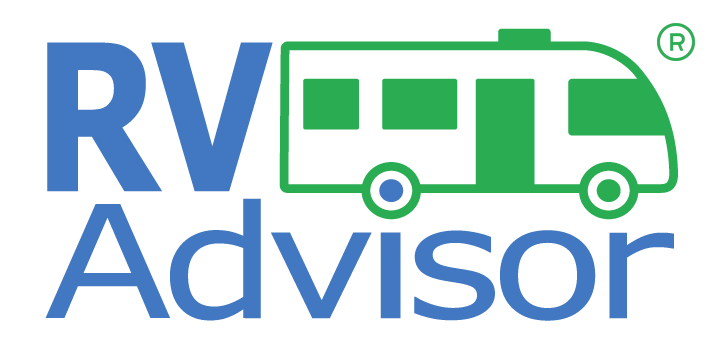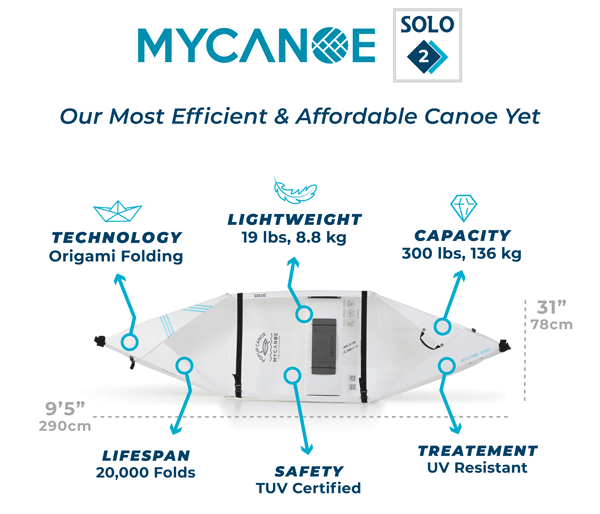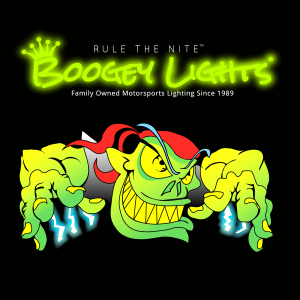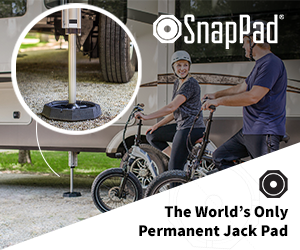
How to Have Wi-Fi Connection for Your RV
We’ve all gotten so used to having Wi-Fi that we actually become panicked at the thought of going without. Of course, vacationing in an RV is a chance to get away from the mad scramble of our daily lives, but many still want modern conveniences.
Think of all the smart devices that need a Wi-Fi hookup these days, from your phone and tablet devices to e-readers, MP3 players, portable movie players, and video games.
Whether you want to look up directions, find a nearby restaurant, pay bills online, buy tickets to an event, or keep your children entertained, you’re going to want some sort of Wi-Fi connection while you’re on the road. So, how do you stay connected?
We offer some suggestions for finding or enabling Wi-Fi for your RV
There are a few ways to access Wi-Fi on the road. The first and easiest method is to find a free Public Accessible Wi-Fi Network. They are very common at chains like McDonald’s, Panera, and Starbucks, as well as public libraries and some truck or rest stops. Of course, this option only works if you go inside so this is more of a temporary option.
Wi-Fi access in an RV park
Many RV parks now offer internet and Wi-Fi access to their guests. Unfortunately, the signal is not always strong enough to fit the needs of a large campground, especially if every guest wants to use his or her devices at the same time. Even being inside your RV can slow the internet speed, as all that metal, aluminum, and fiberglass can disrupt Wi-Fi signals.
One solution is to use a Wi-Fi extending antenna or repeater, which will help strengthen the signal. Some examples of these devices include Ubiquiti NanoStation and NETGEAR Insight. Some RV-ers also invest in a satellite dish, similar to what they might have at home.
Wi-Fi access on the road
Once you leave the campground, Wi-Fi access becomes a little trickier, but it’s not impossible to stay connected. You can set up mobile Wi-Fi hotspots through your cell phone provider. Most of the major carriers like AT&T, Verizon, and Sprint sell devices that work off cellular data signals so if you can get a good signal, you can access the internet.
There are many different types of hotspots so check with your carrier to see what they offer. Be careful with this option as roaming charges may apply, which can result in a much higher bill.
Mobile satellite internet providers
A third option is to use satellite TV and internet. This can give you faster, more reliable service, but it’s not cheap. You’ll have to pay to have a satellite installed and then there will be a monthly plan, which can also be costly.
Here’s another caution to remember. Satellite TV is not the same thing as satellite internet. A satellite TV plan won’t automatically include internet access so make sure you understand what the plan includes. Not all systems are designed for mobile use, either, so pay attention to the details when buying a satellite system.
Traveling in your RV doesn’t automatically mean going without your devices. There are options for getting Wi-Fi and internet service on the road, and these suggestions will help. Become an RV Advisor Member today for more helpful tips. We’d love to hear from you!






























